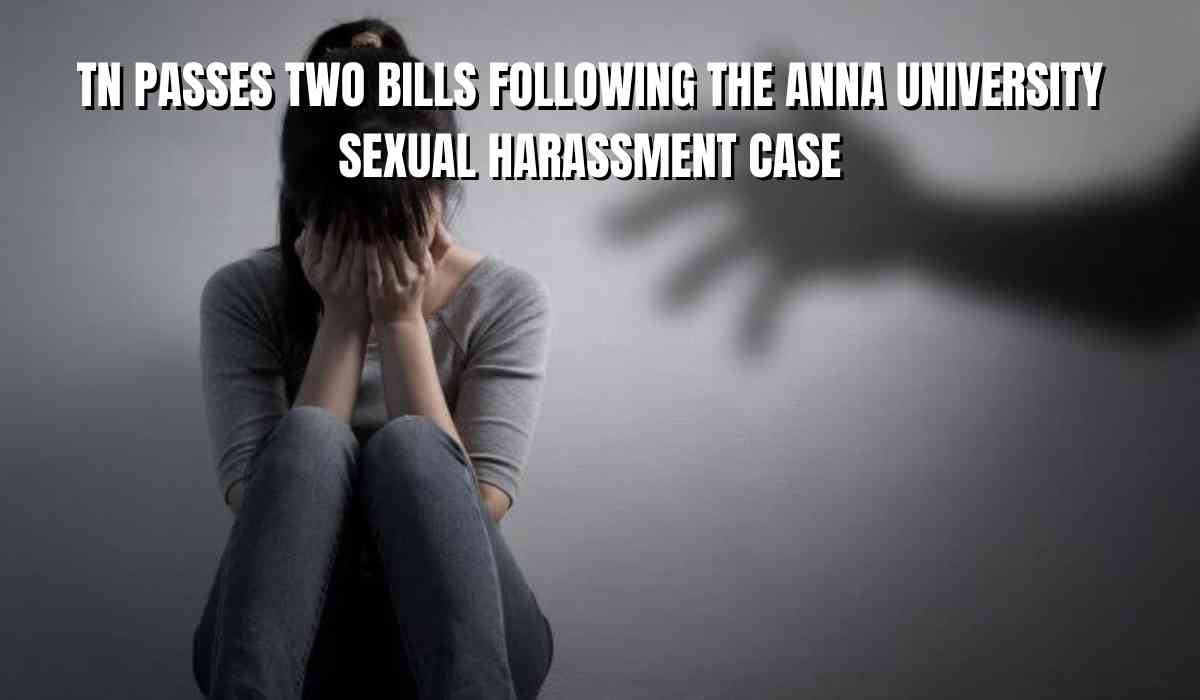Many critical issues of women's safety have disturbed the woman but the recent Anna University sexual harassment and murder that happened within the campus has triggered the rise in adrenaline rush. A 19-year-old student was sexually assaulted by an intruder on campus, sparking public outrage in December 2024. The public and the opposition have blamed this incident on the ruling party Dravida Munnetra Kazhagam (DMK) and CM Stalin for not ensuring women's safety, especially inside the educational institutions.
The Opposition
This incident was taken as a scoring point by the opposition parties BJP and AIADMK, who blamed DMK for safety negligence. The media repeatedly focused on the opposition, blaming the flaw in the system, and questioned public welfare and government priorities. They used this opportunity to create heat moments for DMK.
Impact on the 2026 Tamil Nadu Elections
The Anna University Issue and how the government treats it will significantly impact the 2026 elections. The Opposition is criticizing the current issue and emphasizing the government's failure to provide safety for women. The DMK is under pressure to settle the issue and confront the public outrage peacefully.
The Government’s Legislative Response
Tamil Nadu CM Stalin has taken timely measures by introducing two amendment bills to strengthen the legal framework against sexual crimes. These bills were passed on 11th January 2025 aiming to provide harsh punishments for sexual offenders.
The Bills:
- Criminal Laws (Tamil Nadu Amendment) Bill, 2025:
Enhanced Punishments:
- For rape, imprisonment has been increased from 10 to 14 years, which may be extendable to lifetime imprisonment.
- For those who have authority and still commit sexual assault, the punishment will be doubled as the remainder of the perpetrator’s natural life.
For rapes involving minors:
- Victims under 16 years: Rigorous imprisonment for not less than 20 years, extendable to life imprisonment.
- Victims under 12 years: Life imprisonment or the death penalty.
- For gang rape, the punishment is life imprisonment for the offender’s natural life.
- Tamil Nadu Prohibition of Harassment of Women (Amendment) Bill, 2025:
- Inclusion of Digital Harassment: The definition of harassment was expanded to include acts committed digitally and electronically.
- Increased Penalties:
- First-time offenders face imprisonment of three to five years and fines of up to ₹1 lakh.
- Repeat offenders face imprisonment of five to ten years and fines of up to ₹10 lakh.
The government has also announced the establishment of seven special courts across Tamil Nadu to expedite cases involving sexual crimes. Special units led by Additional Superintendents of Police will oversee investigations, ensuring swift trials and justice.
Conclusion
The DMK’s legislative response has been largely welcomed, but some human rights organizations have raised concerns over the inclusion of the death penalty, advocating for systemic reforms instead. The opposition has not stopped their torments. Chief Minister Stalin’s legislative response may help counter opposition attacks and reassure voters about his government’s commitment to justice and safety. As Tamil Nadu heads towards the 2026 elections, this tragedy and its handling may become a defining moment in shaping the state’s political narrative and priorities.
Authors Bio
Ayesha Jumana A R is a dedicated content writer specializing in creative content, blogs, SEO-optimised articles, and product descriptions. She has earned recognition at the national level for critical writing, contributed to the Assist World Record for Spill Poetry, and received multiple state and district-level prizes for her poetry. Her work is featured in the anthology An Invisible Bond, available on Amazon.





















